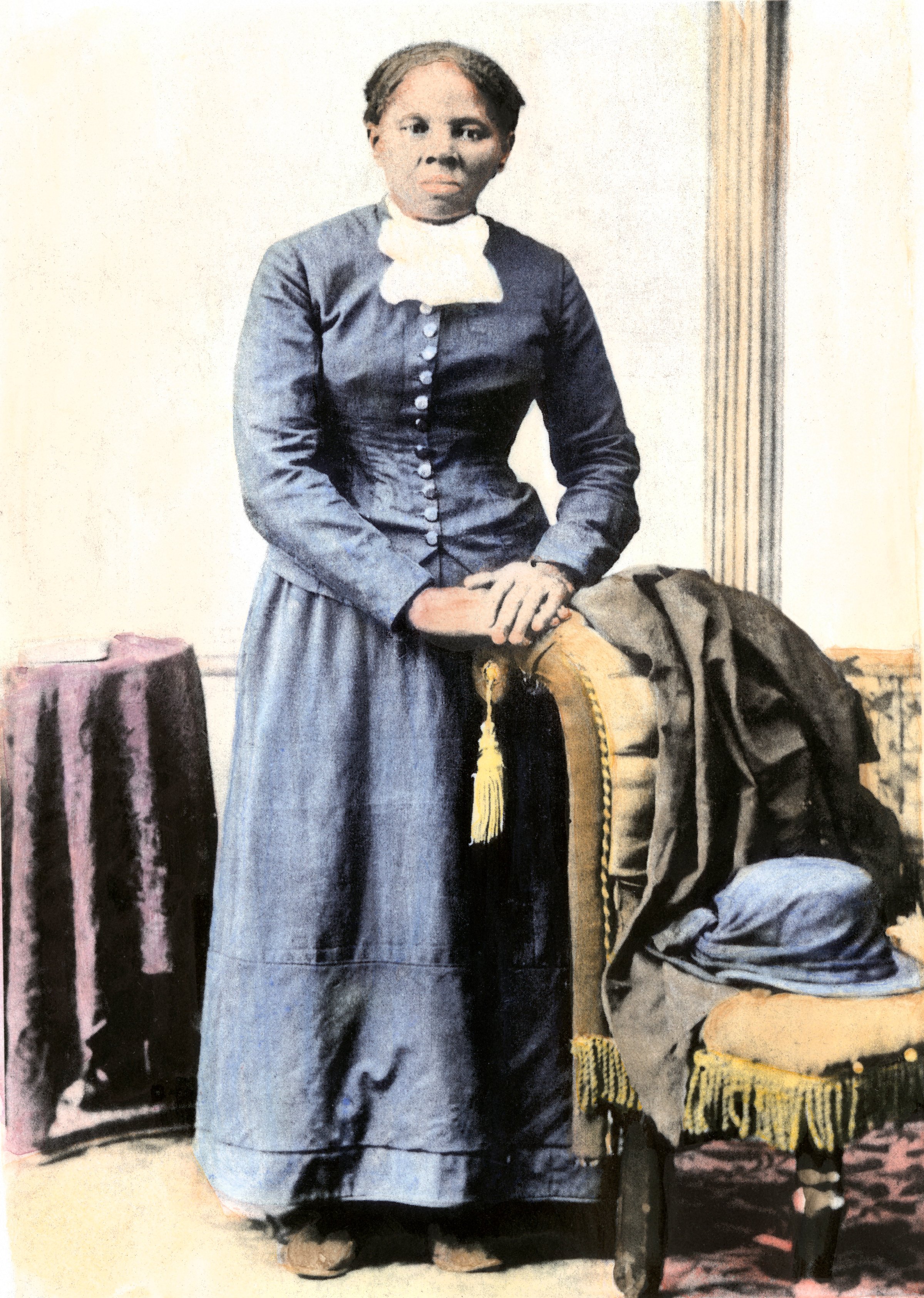
Harriet Tubman recently won a poll to get a woman on the $20 bill. While the poll was unofficial, it has led to a lot of arguing over whether the idea has merit, not all of it predictable: some conservatives have supported the plan and some African American feminists have opposed it. The chances of Andrew Jackson being displaced are still unknown, but you don’t have to wait until a woman’s face crops up on your money to talk about her with your kids.
Parents often tend to focus on the accomplishments of famous men, like Martin Luther King and Malcolm X, says Tiya Miles, professor of African American History at University of Michigan, and a MacArthur genius. And when we do get around to women, Miles says, we often miss just how much their skills, creativity, and thoughts affect history.
So how can we help kids see the whole picture?
Elementary age kids often hear stories of figures like Harriet Tubman, who led enslaved people to freedom on the Underground Railroad, or Rosa Parks, whose refusal to give up her seat sparked the Montgomery bus boycott. Miles encourages her own elementary age kids to get curious about the brainpower those women must have had, with questions like, What kinds of skills must Harriet Tubman have had to help all those people escape? What skills did Rosa Parks use to fight for civil rights?
Middle school kids can start to think about the importance of vision. To work for freedom or rights, African American women had to “envision a completely different kind of future,” Miles says. That’s creative work, so poets like Jacqueline Woodson and Maya Angelou can show kids new visions, and help them form their own. Parents can encourage kids with questions like, What is a visionary? What change would you like to see?
High school students can do a deep dive into the history, to learn that Rosa Parks, for instance, didn’t just make one snap decision that swept her onto the national stage. She was a respected community leader who made a difficult choice to serve as a figurehead in the civil rights movement, and spent years of her life to build it. Then students can begin to apply those lessons in their own lives, says Miles, wrestling with questions like, “How have people tried to change the world for the better in the past? What does it take for change to happen? How can we turn a vision into something real?”
Subscribe here to TIME’s weekly parenting newsletter. It’s free!
More Must-Reads from TIME
- Inside Elon Musk’s War on Washington
- Meet the 2025 Women of the Year
- Why Do More Young Adults Have Cancer?
- Colman Domingo Leads With Radical Love
- 11 New Books to Read in Februar
- How to Get Better at Doing Things Alone
- Cecily Strong on Goober the Clown
- Column: The Rise of America’s Broligarchy
Contact us at letters@time.com